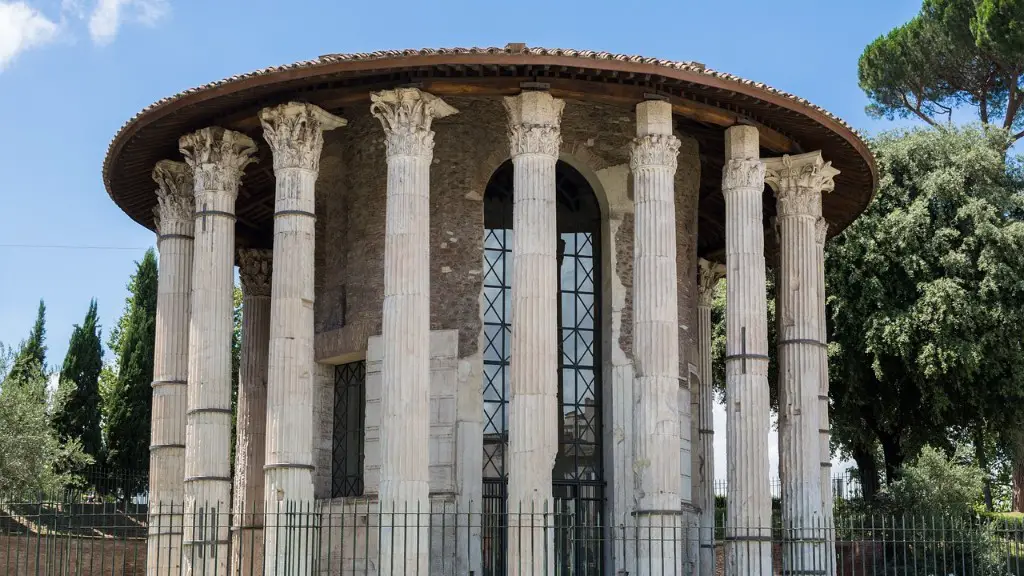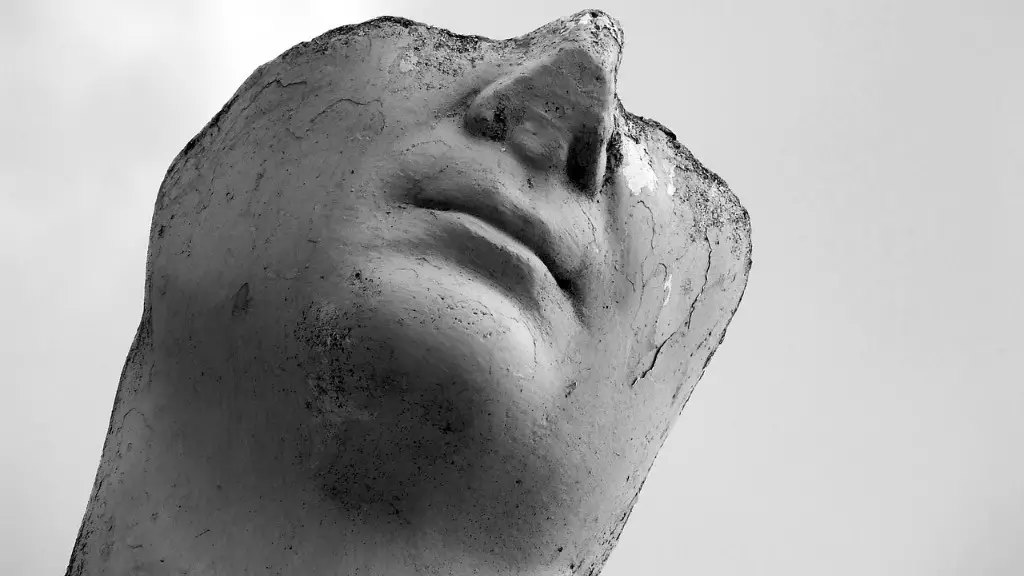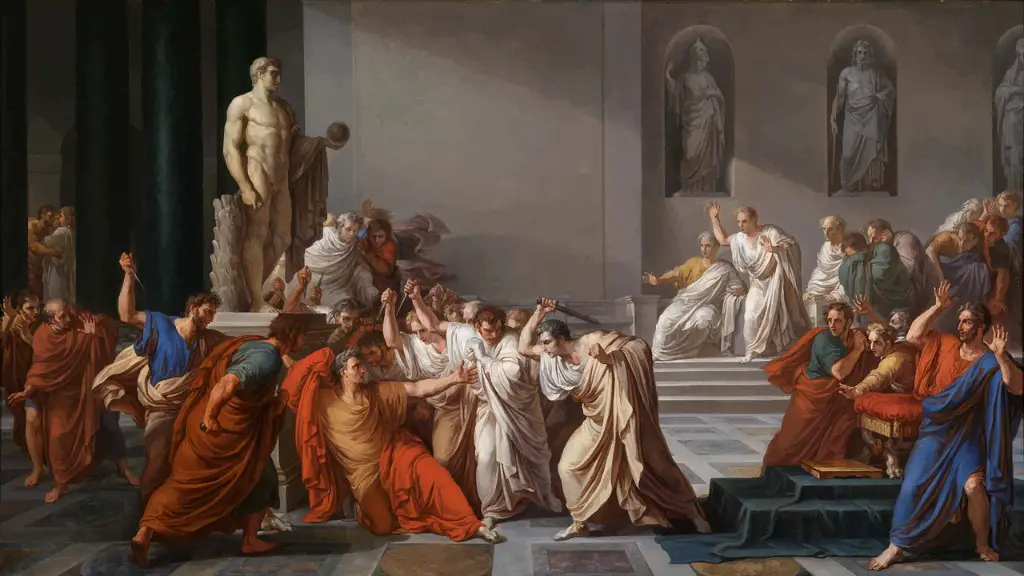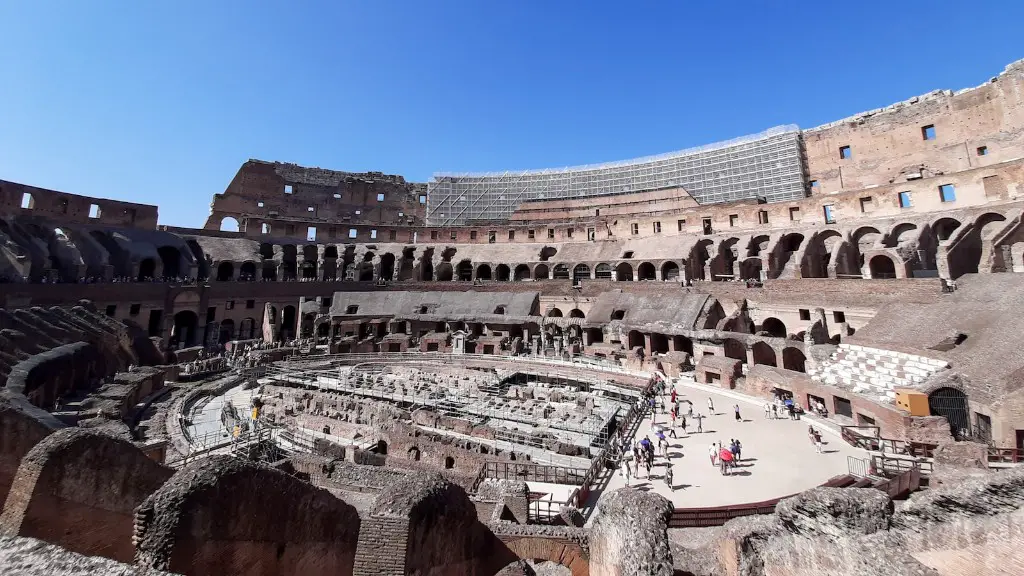Checks and balances in ancient Rome form a cornerstone of legal and governmental procedures which continue to affect our lives even to this day. From methods of controlling public taxation to modern human rights laws, the ancient Roman system of law and governance sets the tone for much of the legislative framework we inherit today.
In ancient Roman society, checks and balances referred to a system of checks and counter-checks that were in place to prevent any one man or group from having too much power. This system of checks and balances could take many different forms. Some examples include: the typical processes of justice requiring multiple witnesses to establish the truth of any situation; an elected body of magistrates to ensure laws and punishments conformed to accepted norms; and significant limits placed upon the power of individual rulers. The change of government by an elected body every two years was one of the most lasting examples of the power of checks and balances in ancient Rome.
The importance of this system of checks and balances has long been acknowledged by historians and political theorists alike. For example, eighteenth-century French political philosopher Montesquieu wrote of the importance of separating the powers of the different branches of government in order to prevent any one branch from exerting undue influence over the others. This concept of the separation of powers was closely aligned with the Roman system of checks and balances, and has become a cornerstone of modern governance.
Other aspects of the Roman system of checks and balances have been similarly influential. One example is the field of public law and taxation. The Roman legislature, for example, had a system of checks and balances in place to ensure the fair assessment of taxes. Taxes could not be raised above a certain level, nor imposed upon individuals arbitrarily or unfairly. This was ensured through the use of public records and open public forums, which provided a way to challenge any decision that was seen as unfair or unjust. Likewise, any person who was convicted of a crime was also able to appeal their sentence.
The Roman system of law and governance has had far-reaching implications for the modern world. Its system of checks and balances has helped to ensure that power is dispersed and the rights of individuals are upheld. It is, perhaps, most evident in the protection of the right to a fair trial and proper due process, something that has been enshrined in law around the world. Without this vital element of checks and balances, there could be no guarantee of basic human rights in societies today.
The Impact of Checks and Balances in Ancient Rome on Human Rights Today
The influence of the Roman system of checks and balances is clearly visible in the modern world’s commitment to human rights and civil liberties. The Roman system set a precedent for the protection of the rights of individuals, and this consequently became the basis of much of the modern concept of human rights. The recognition of the right to a fair trial, for example, has clear parallels to the Roman system of checks and balances. The system of appeals against unfair convictions provided peace of mind to Roman citizens, even if the ultimate verdict of the jury was not always in their favour. This right is now a fundamental right in legal systems around the world, something that has its origin in ancient Rome.
The separation of governmental powers, as well as the open forums of debate and discussion, were also influential in how we view the modern world. This is something that has become increasingly important as the world has become increasingly interconnected: the need to ensure that governments remain accountable and open to public debate and discussion is widely recognized in the modern day. This recognition of the importance of public opinion has its roots in the Roman system of checks and balances – a system that has shaped much of the modern world’s governance.
Judicial System
The Roman system of checks and balances also had a profound influence on the judicial system. This is especially evident in the concept of a jury of peers – a concept that has its roots in the Roman system. The jury system of justice was designed to ensure that justice was done, and that no one was included on the jury if they were biased or lacked the competence to make an unbiased judgement. This system of checks and balances made it more difficult for any one group to influence the judicial process, thus providing a safeguard against corruption or arbitrary punishments.
The Romans created a system of judges that consisted of citizens from all levels of society. This ensured that the judgements of the court could not be swayed by any one group or class of people. It also meant that the court could not be easily manipulated by powerful individuals or groups, something that is also evident in the modern legal system. Without the system of checks and balances in place in Rome, modern courts and justice systems might have been unable to provide impartial judgements.
Implications of Checks and Balances on Modern Governments
The legacy of the Roman system of checks and balances is evident in how governments operate today. This system of checks and balances ensured that no one had too much power, and that laws and punishments adhered to accepted norms. This concept of limiting the power of individual rulers is echoed in modern day governments around the world. The separation of powers is a cornerstone of modern democracy, designed to ensure no one person has too much power. This, in turn, helps to protect the rights of individuals and the functioning of institutions, something which the Roman system of checks and balances helped to facilitate.
The introduction of the concept of public taxation is also an influence of the Roman system of checks and balances. Due to the introduction of public records and open public forums, it was much more difficult for any one group to manipulate the taxation system in their favour. This was an early guarantee of fairness and impartiality that modern governments seek to maintain today. This concept of openness and fairness has become a cornerstone of many successful democracies, something that has its origins in the Roman system of law and governance.
Legacy of Roman Checks and Balances
The Roman system of checks and balances has had a lasting impact on the modern world: from the introduction of the jury system to the concept of separating the powers of government, much of what we consider fundamental assets of modern society has its roots in the Roman system of law and governance. Without this system of checks and balances, the socio-political landscape today would be drastically different. This is, perhaps, the most lasting legacy of the Roman system: a recognition that the power of individuals must be limited in order to ensure fairness, justice and the protection of human rights.
Political Policies
The Roman system of checks and balances had a significant influence on the political policies of later generations. The concept of limiting the power of individuals and establishing a platform for open public debate and discussion drove meaningful changes in the political arena over the centuries. This is especially evident in the concept of democracy and representative governments, something that would not have been possible without the existence of checks and balances to protect the rights of individuals. Modern-day governments are tasked with the challenge of maintaining a balance between the ruling government and public opinion, something that was a cornerstone of ancient Roman governance.
The lasting legacy of the Roman system of law and governance can be seen in its widespread influence throughout the world. From the concept of a jury trial to the separation of powers, this system of checks and balances laid the foundations for many of the structures we see in place today. Without this system, our understanding of justice and the rights of individuals would be drastically different. It is, perhaps, no surprise, then, that the legacy of Roman law and governance continues to live on in the modern day.
Implementation of Checks and Balances
The Roman system of checks and balances was implemented in a variety of ways. Key to the system’s success was the idea of limiting the power of any one individual or group by ensuring the presence of multiple checks and counter-checks. This included everything from openly discussing taxation policies in public forums to ensuring a system of justice was in place that favoured no one group or individual. This was facilitated by the open public nature of Roman society, something that has continued to influence both public policy and the legal system up to the present day.
In addition to open public forums, the Roman system of checks and balances could also take the form of judicial hearings or debates. These helped to ensure that laws were fair and just and that any affected individuals were given a chance to argue their cases. This was crucial to the success of the Roman system of law and governance, as it helped to protect individuals from the misuse of power by those in positions of authority. This is something that continues to be a cornerstone of the judicial system today, as well as of basic human rights.
The protection of individual rights was also an important part of the Roman system of checks and balances. This was evidenced in the right to appeal any conviction, something that is now a fundamental right in many countries. Likewise, the Romans recognized the importance of fair taxation, something that is still a cornerstone of modern public policy. This concept of fairness and justice, as well as of individual rights, has its roots in the Roman system of checks and balances and has been a major factor in the development of successful modern democracies.
Conclusion
It is clear that the Roman system of checks and balances has left an indelible mark on the modern world. From methods of controlling public taxation to basic human rights laws, the Roman system of law and governance has been influential in the development of modern governments and judicial systems. This system of checks and balances helped to protect the rights of individuals, to ensure fairness and justice, and to prevent any one individual or group from exercising too much power. Without this vital element of checks and balances, many of the systems we take for granted in the modern day would not exist.




